Cat separation anxiety is a very real phenomenon, and the degree to which it affects a cat varies. Just like humans, some cats turn out to be more sensitive and emotional than others.
Such cats struggle in dealing with emotions and stress, including the stress of separation from their owners, mating partners, or parents. Others might be more resilient to these changes and would not show any significant signs of distress.
Regardless of the characteristics of the cat, it is of utmost importance that you keep an eye for any alarming signs that may affect your cat. In the case that the reason seems to be separation anxiety, it should be addressed immediately.
What is cat separation anxiety?
In simple terms, cat separation anxiety means excessive and overwhelming fear your cat might have about being away from someone. The subject in question is the cat owner or any family member that the cat has been close to most of the time.
Occasionally it has been seen that cat’s anxiety can develop if they are separated from their other animal friends, for example, sibling, mate, or another kitten/cat they have grown together with. Usually, there is a misconception that cat separation anxiety develops in kittens or young cats.
This is a false myth; the truth is that it can develop cats of any age. Secondly, although certain breeds are more likely to present cat anxiety symptoms, they can be shown by cats of all breeds; there is no blanket exemption for cat anxiety.
How to identify cat separation anxiety?
It may seem like a complicated disorder; however, the best way to go about it is to take a straightforward approach. Ask yourself, do you notice anything out of the ordinary in your cat’s behavior? More often than not, the answer lies in the simplest observations. If you see that your cat is more cranky than usual, take note.
Look for any aggressive behavior if they are unnecessarily picking up fights with other animals. Some cats may also be more overtly depressed and appear low in energy, lazy, and less playful. All these signs are alarming.
What are cat anxiety symptoms?
Cats are very good at hiding their fear, anxiety, and depression. So you have to be very observant and vigilant. The anxiety symptoms can be very subtle and might be missed by someone who does not know the cat too well.
Cats can stop eating or start eating too much if they are anxious. Similarly, their eating habits also change.
At times they start overeating in binge episodes, and in other instances, they start eating very little. In either case, their physical health also takes a toll. If the cat separation anxiety continues for too long, they might end up being obese or malnourished.
What to do if your cat has separation anxiety?
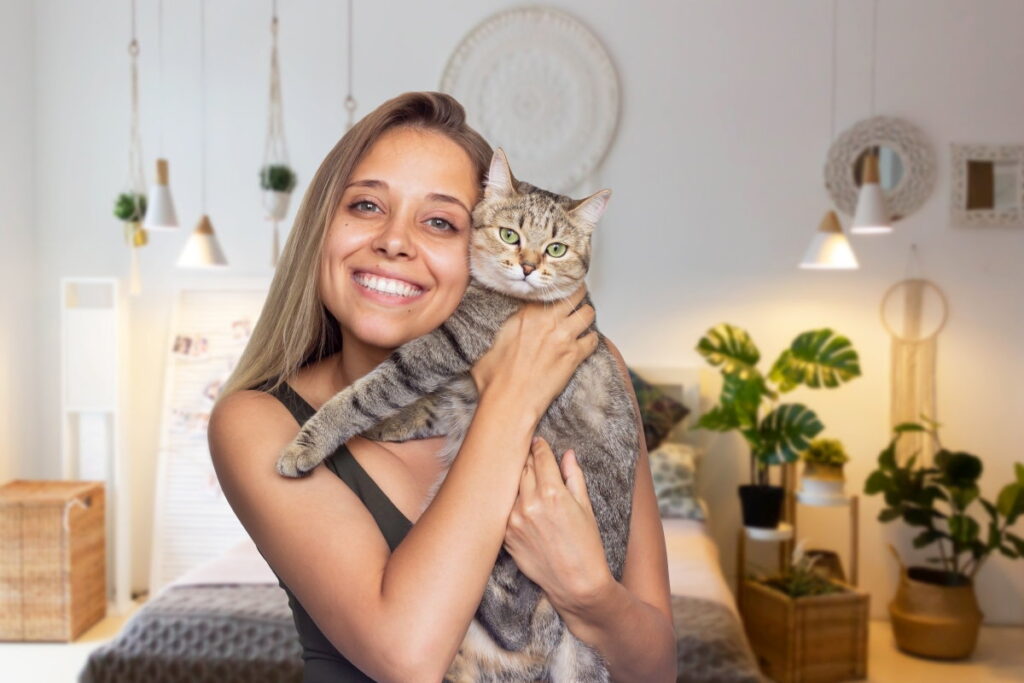
Cat separations anxiety must be dealt with tactfully. It is a psychological issue and requires a lot of devotion, time, and attention. Make your cat feel loved, and spend quality time with it. Take it for walks, pat it and give it time to heal on its own.
Role of a vet in managing cat separation anxiety
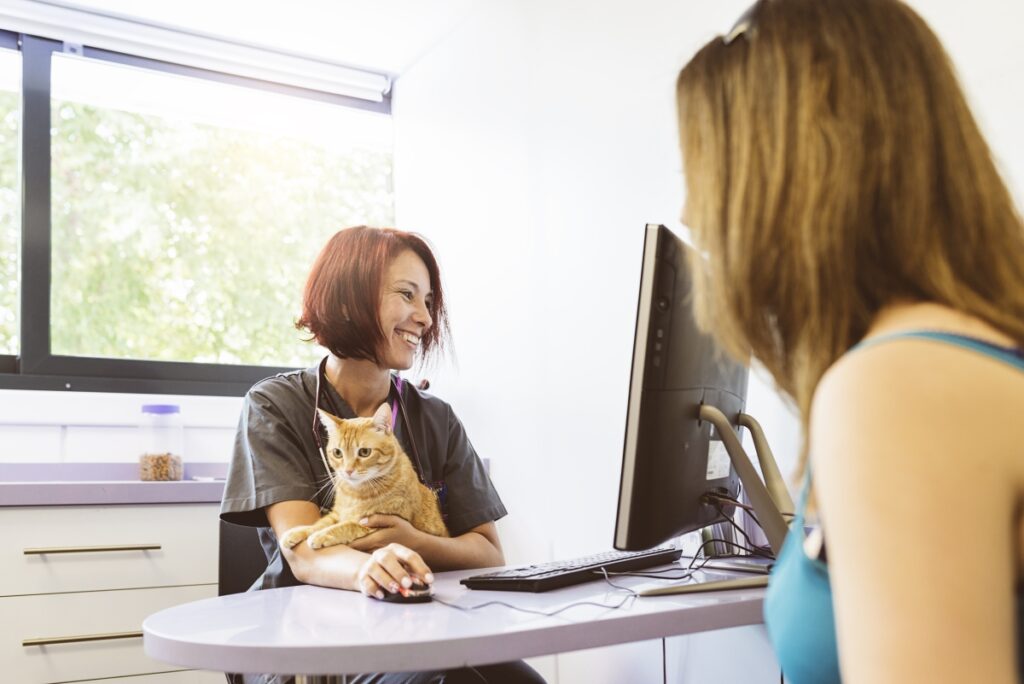
Since cat separation anxiety is not a physical illness or injury, the role of a vet is limited. However, a vet must recognize the signs of anxiety and link them with the cause. Good counseling of the cat owner at the vet’s office goes a long way. A vet can provide the pet parent with guidance and a strategy to work on and keep weekly follow-ups to monitor the cat’s mental health progress.
How to prevent cat separation anxiety from happening in the future?
We understand that you might have to leave your cat behind for days or weeks. It could be because of frequently traveling for work, vacation, or simply because of long office hours. While you cannot change the nature of your work or travel requirements, you can make sure that your cat is not left behind at home alone.
Being lonely can be some cat’s worst fear. And all their anxiety symptoms are driven by this fear. The best way to counter this is to find them a trusted and caring babysitter who can spend time with them and look after their needs while you are away.
Was it all your fault?
No way! Of course, it is not your fault in any way! Think of cats as children. When kids are left alone for some time, they are bound to mess around and even be mad at you for leaving them behind. That does not make you a bad parent.
Like kids, cats also need to be reminded how special they are to you every once in a while. Once you make this a habit, the frequency and intensity of these anxiety symptoms are bound to decrease by several folds.
Some useful tips!
Although you don’t need to adopt these habits, we would like to throw some ideas as brownie points for being a cat owner. Trust us, your cat will appreciate these gestures and will instantly be in a happier mood. If you are returning home after a few days, it is justifiable for your cat to be upset.

Make sure to bring it back some present or a treat. It can be anything from its favorite cat food flavor or a new and colorful toy. It’s the gesture that counts. After you come back, make sure you invest the time to make it feel loved and pampered. It’s that affection that they miss the most when you are gone.
To sum it all up, cats experience all different kinds of feelings and emotions. They can experience symptoms of separation anxiety as well, and sometimes it can cause physical signs of distress and fatigue. The best solution is to give them care and affection, which is most likely to resolve any underlying reason. If your cat is overly sensitive, it will require more frequent signs and gestures showing your love and fondness.

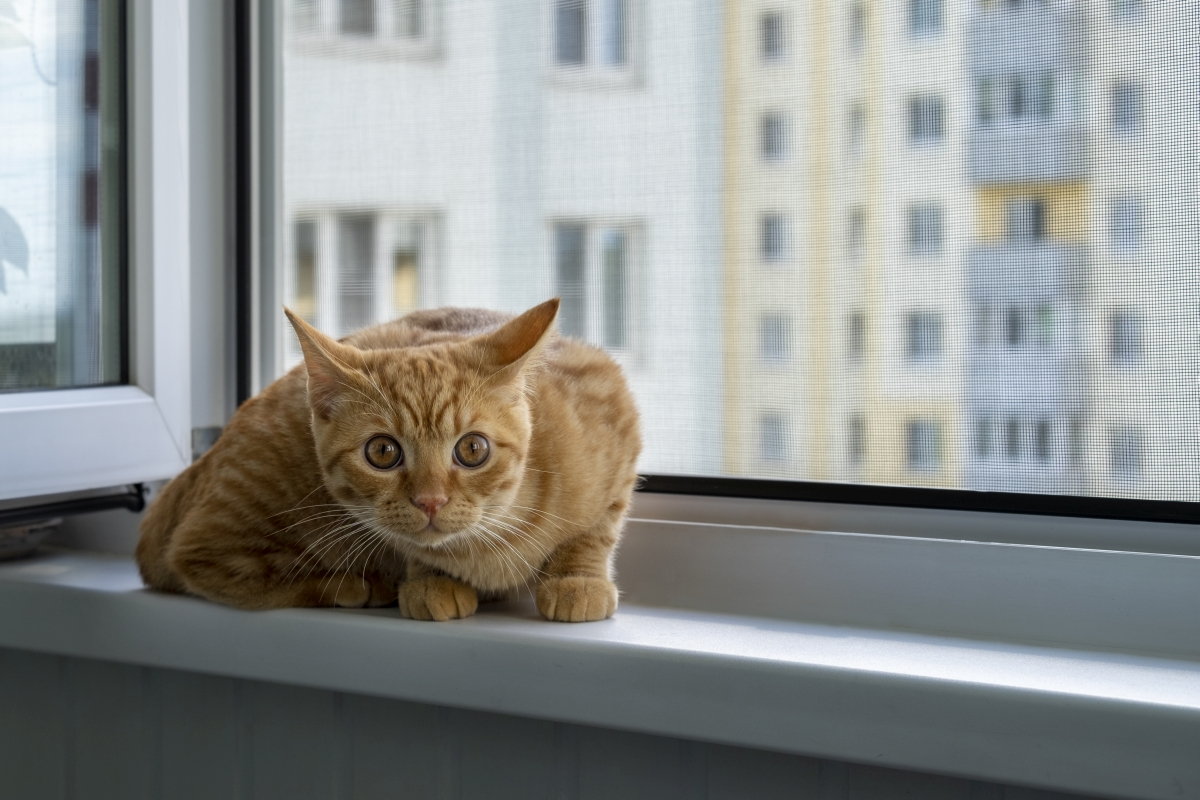
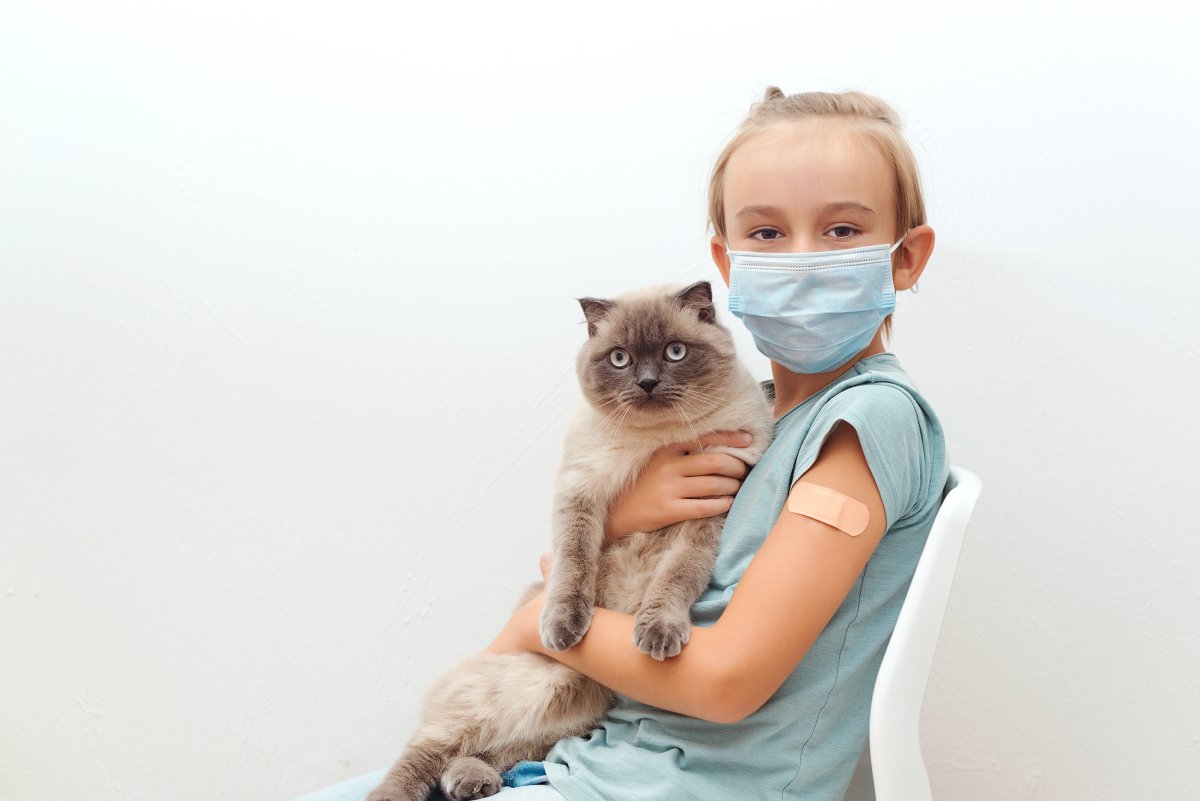
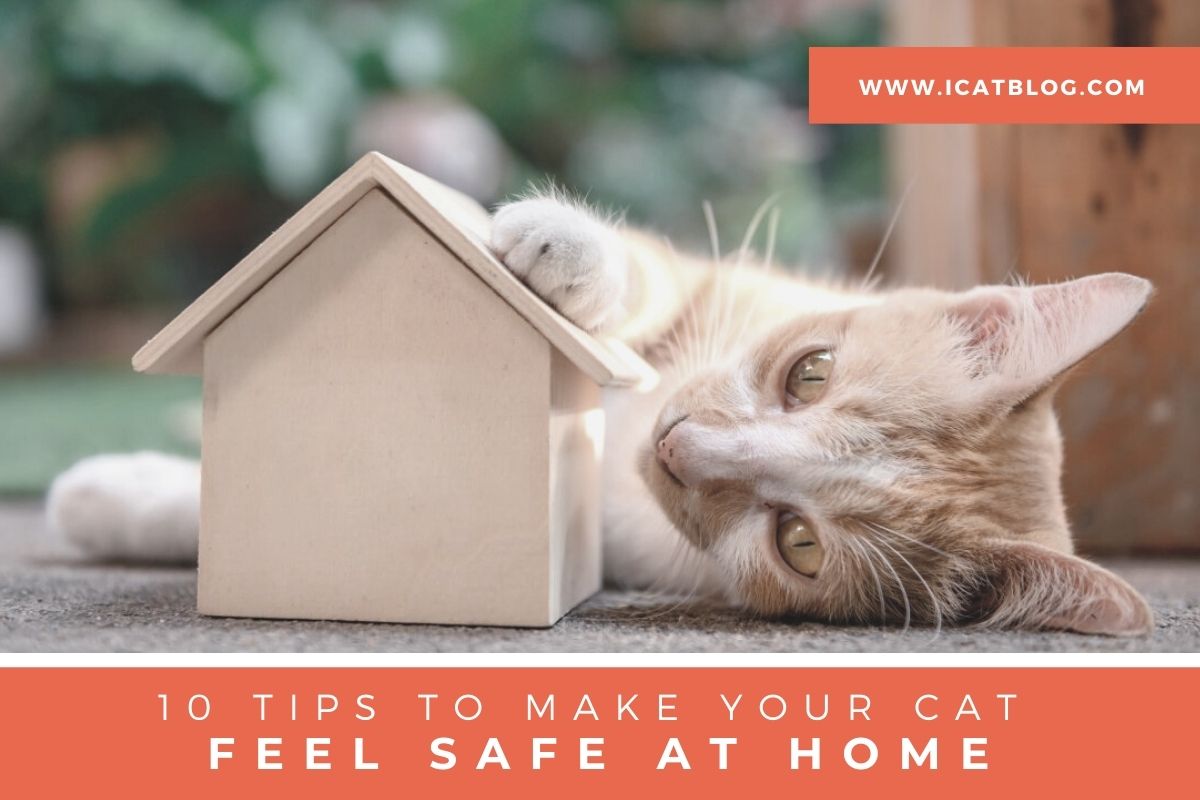
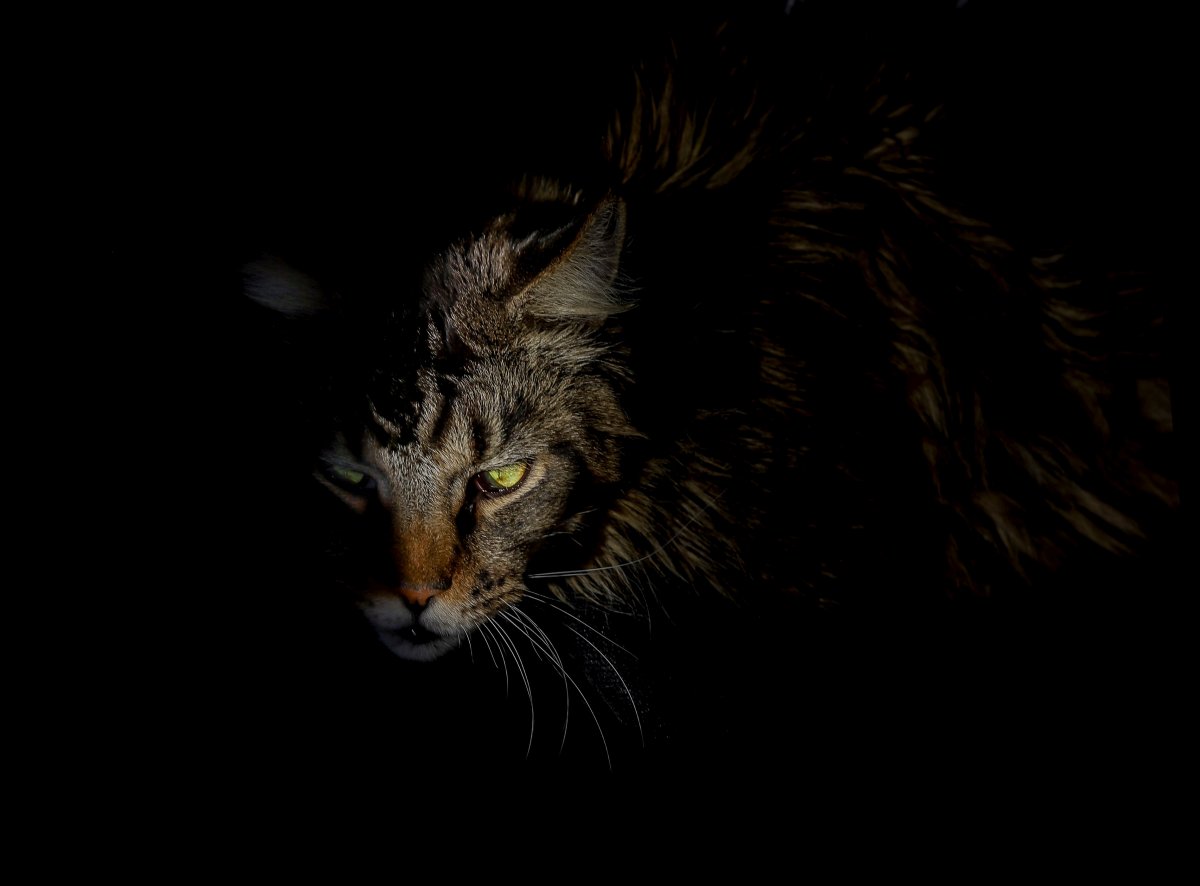
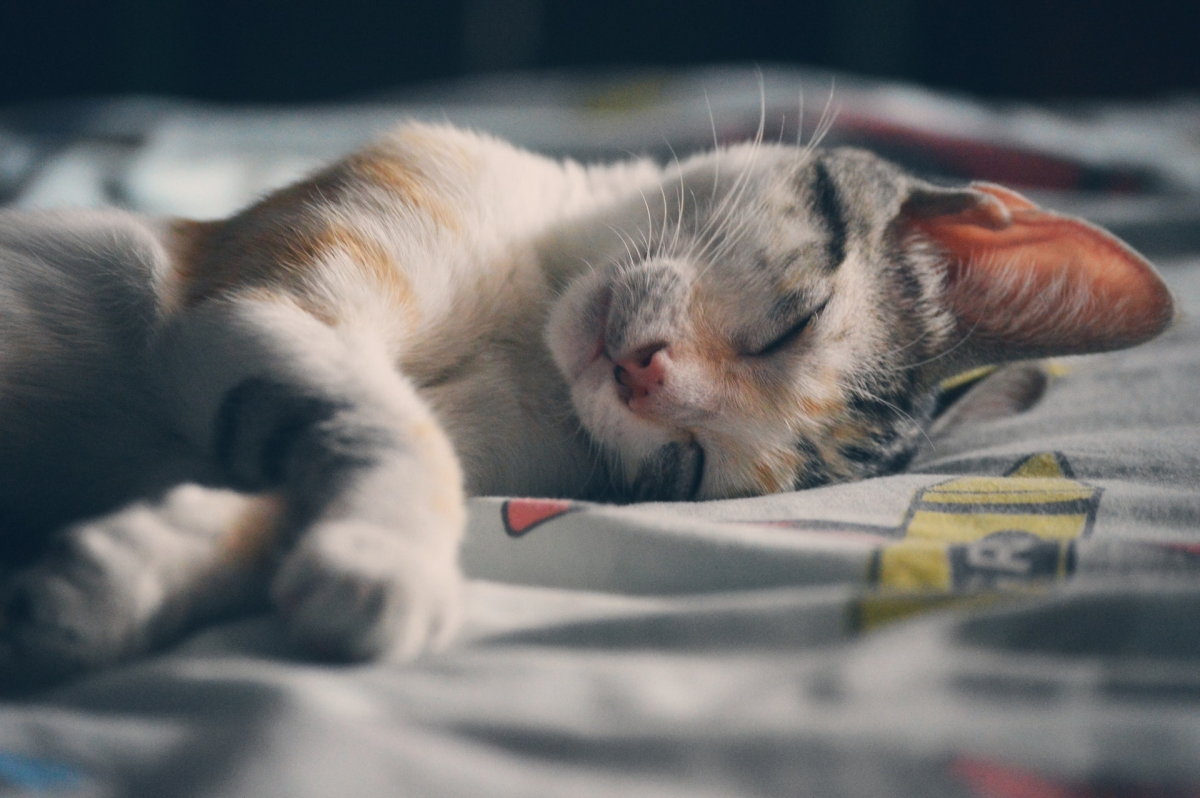
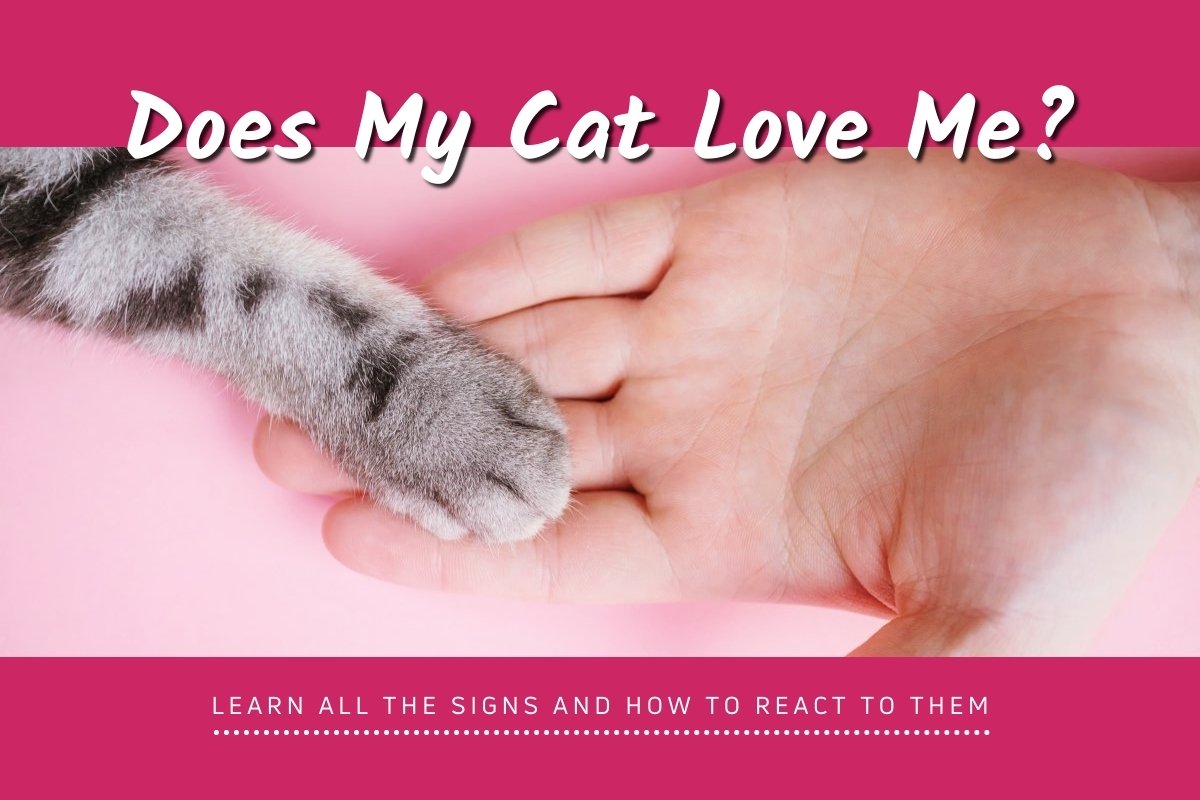
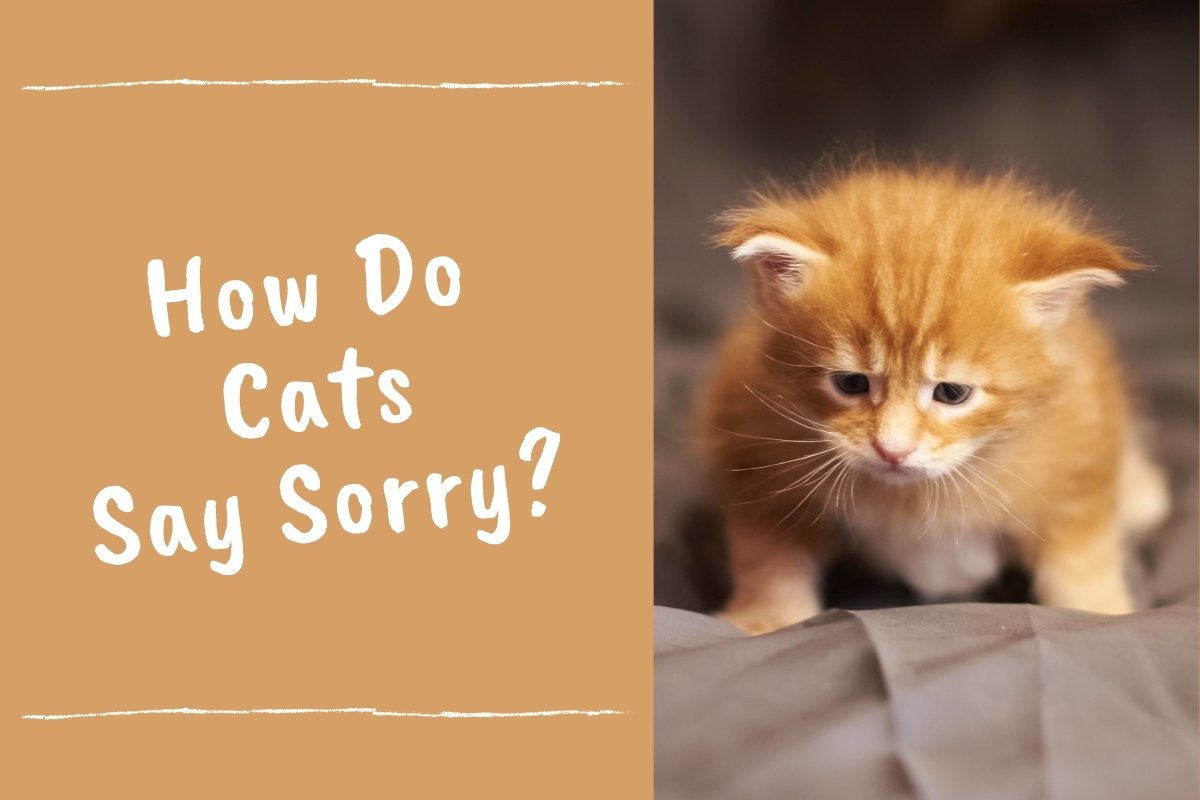
1 comment